Solar energy for On-Grid home, that works when grid is down
6 years ago
Featured Answer
Sort by:Oldest
Comments (22)
- 6 years ago
- 6 years agolast modified: 6 years ago
Related Professionals
Ferndale Home Automation & Home Media · Garden Grove Home Automation & Home Media · Highland Park Home Automation & Home Media · Bountiful Fireplaces · Knoxville Fireplaces · Sarasota Home Builders · Orlando Roofing & Gutters · Lomita Interior Designers & Decorators · Ferry Pass Architects & Building Designers · Huntersville Furniture & Accessories · Beloit General Contractors · Chatsworth General Contractors · Springfield General Contractors · Tamarac General Contractors · Wheaton General Contractors- 6 years ago
- 6 years agolast modified: 6 years ago
- 6 years agolast modified: 6 years ago
- 6 years ago
- 6 years ago
- 6 years ago
- 6 years agolast modified: 6 years ago
- 6 years ago
- 6 years agolast modified: 6 years ago
- 6 years ago
- 6 years agolast modified: 6 years ago
- 6 years ago
- 6 years ago
- 6 years agolast modified: 6 years ago
- 6 years ago
- 6 years ago
- 6 years agolast modified: 6 years ago
- 6 years agolast modified: 6 years ago
- 3 years ago
Related Stories
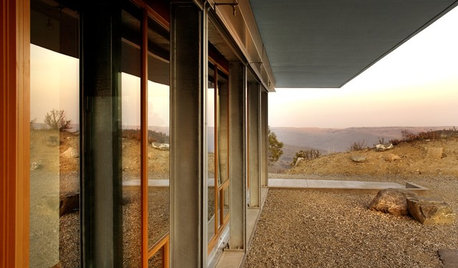
GREEN BUILDINGOff the Grid: Siting and Building to Conserve Energy
Look to low-tech solutions for big energy savings when you’re constructing a home
Full Story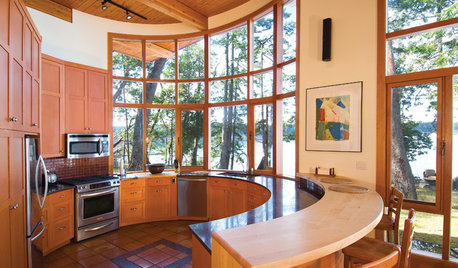
GREEN BUILDINGHouzz Tour: Off-the-Grid Island Home Circles a Sunny Courtyard
A circular home is a cozy spot for gardening, woodworking and plenty of reading
Full Story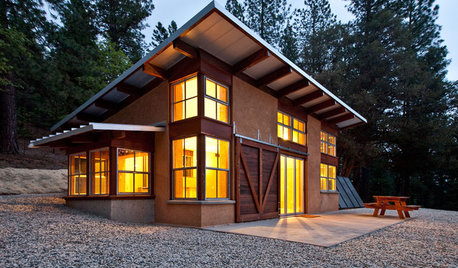
HOUZZ TOURSHouzz Tour: California Cabin Ditches the Power Grid
Solar energy powers a modern, expandable vacation house among the trees for a family with two children
Full Story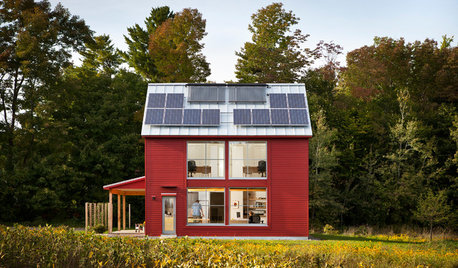
GREEN BUILDINGGoing Solar at Home: Solar Panel Basics
Save money on electricity and reduce your carbon footprint by installing photovoltaic panels. This guide will help you get started
Full Story
GREEN BUILDINGOff the Grid: Ready to Pull the Plug on City Power?
What to consider if you want to stop relying on public utilities — or just have a more energy-efficient home
Full Story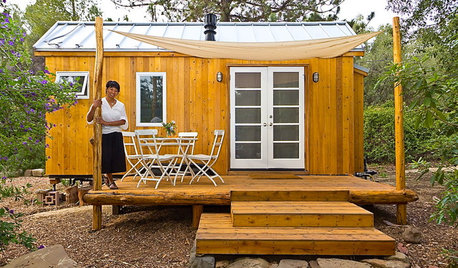
MOST POPULARHouzz Tour: Going Off the Grid in 140 Square Feet
WIth $40,000 and a vision of living more simply, a California designer builds her ‘forever’ home — a tiny house on wheels
Full Story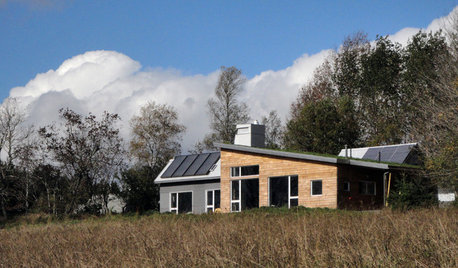
GREEN BUILDINGHouzz Tour: Going Completely Off the Grid in Nova Scotia
Powered by sunshine and built with salvaged materials, this Canadian home is an experiment for green building practices
Full Story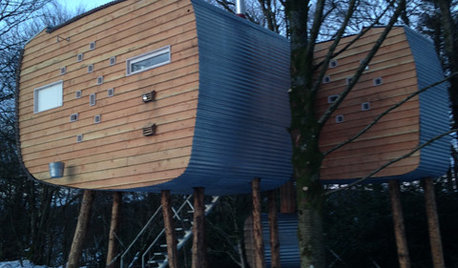
TREE HOUSESHouzz Tour: Off the Grid in a Treehouse Hideaway
This retreat for 2 is the epitome of peaceful seclusion
Full Story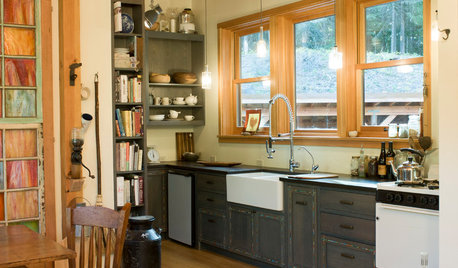
HOUZZ TOURSHouzz Tour: Off the Grid in the Remote Washington Wilderness
Not only does this house run on solar power, but it was built with it too
Full Story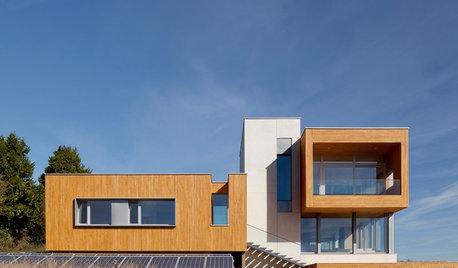
GREEN BUILDINGSunlight Used Right: Modern Home Designs That Harness Solar Power
Embracing passive heating principles through their architecture, siting and more, these homes save energy without skimping on warmth
Full Story


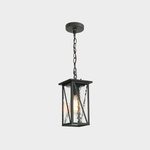


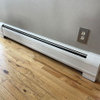

Floors like glass